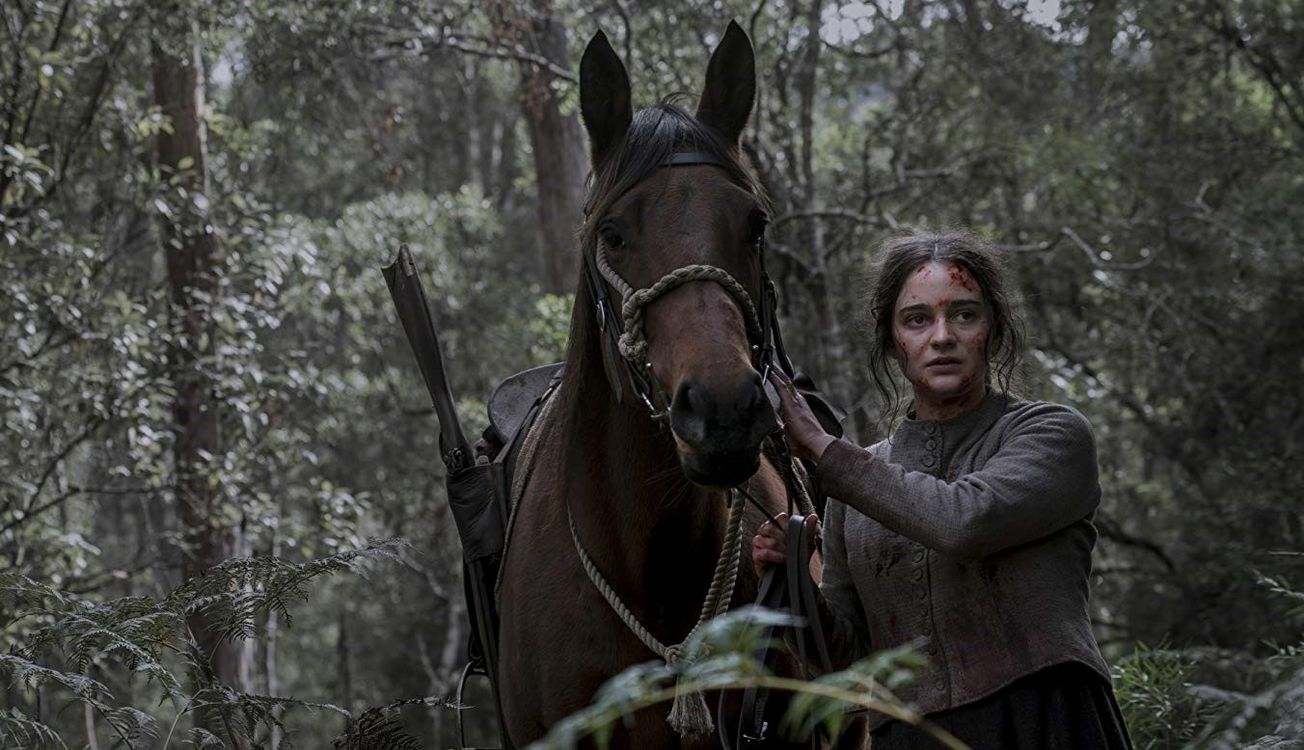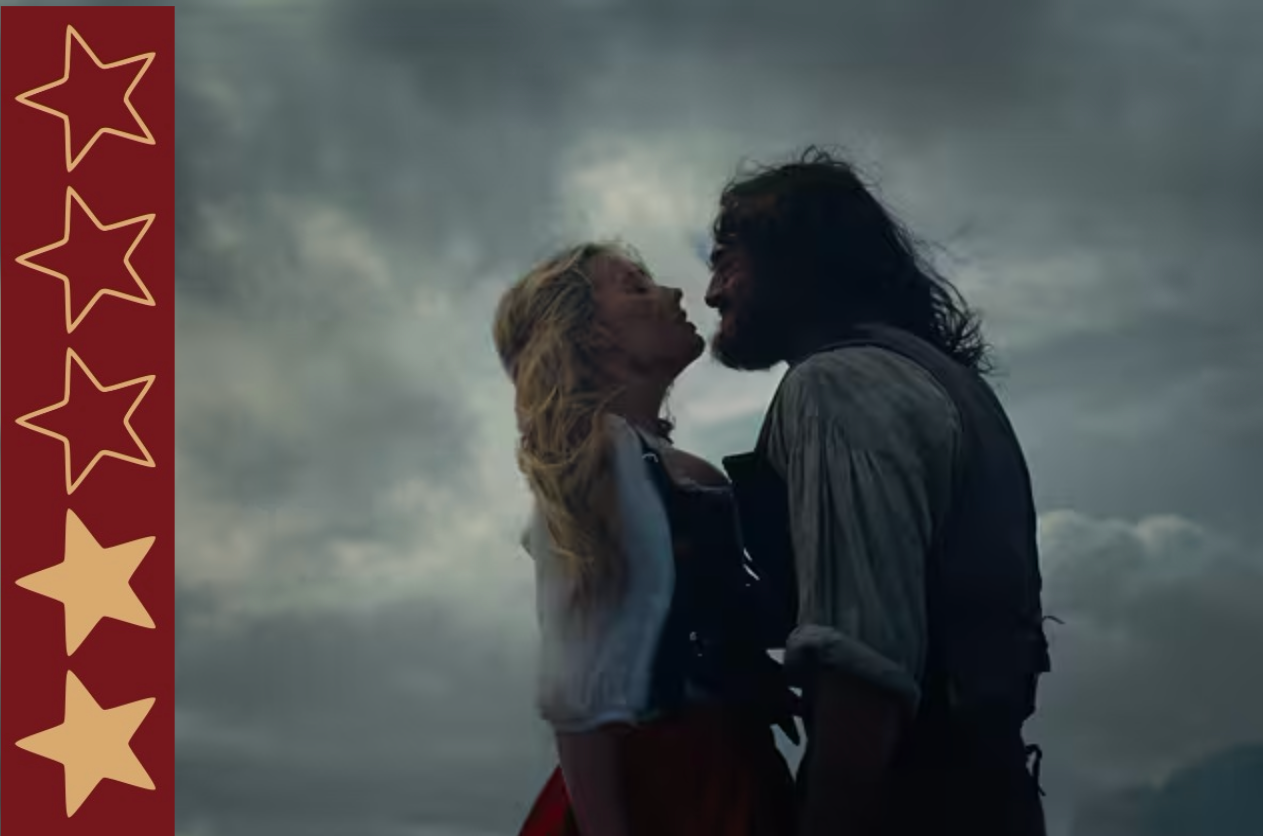By Stephanie Kelly, First Year, Liberal Arts
Jennifer Kent’s The Nightingale (2018) explores a little-known part of colonial history and is one of the most visceral and violent films of the year.
People literally walked out.
I failed miserably when I first attempted to watch The Nightingale last Friday at the Watershed. Rushing to get to the screening, my friend left her phone on the bus and three deranged girls went in hot-pursuit of the vehicle, eventually losing one as she ran way ahead of my chronically unfit-self.
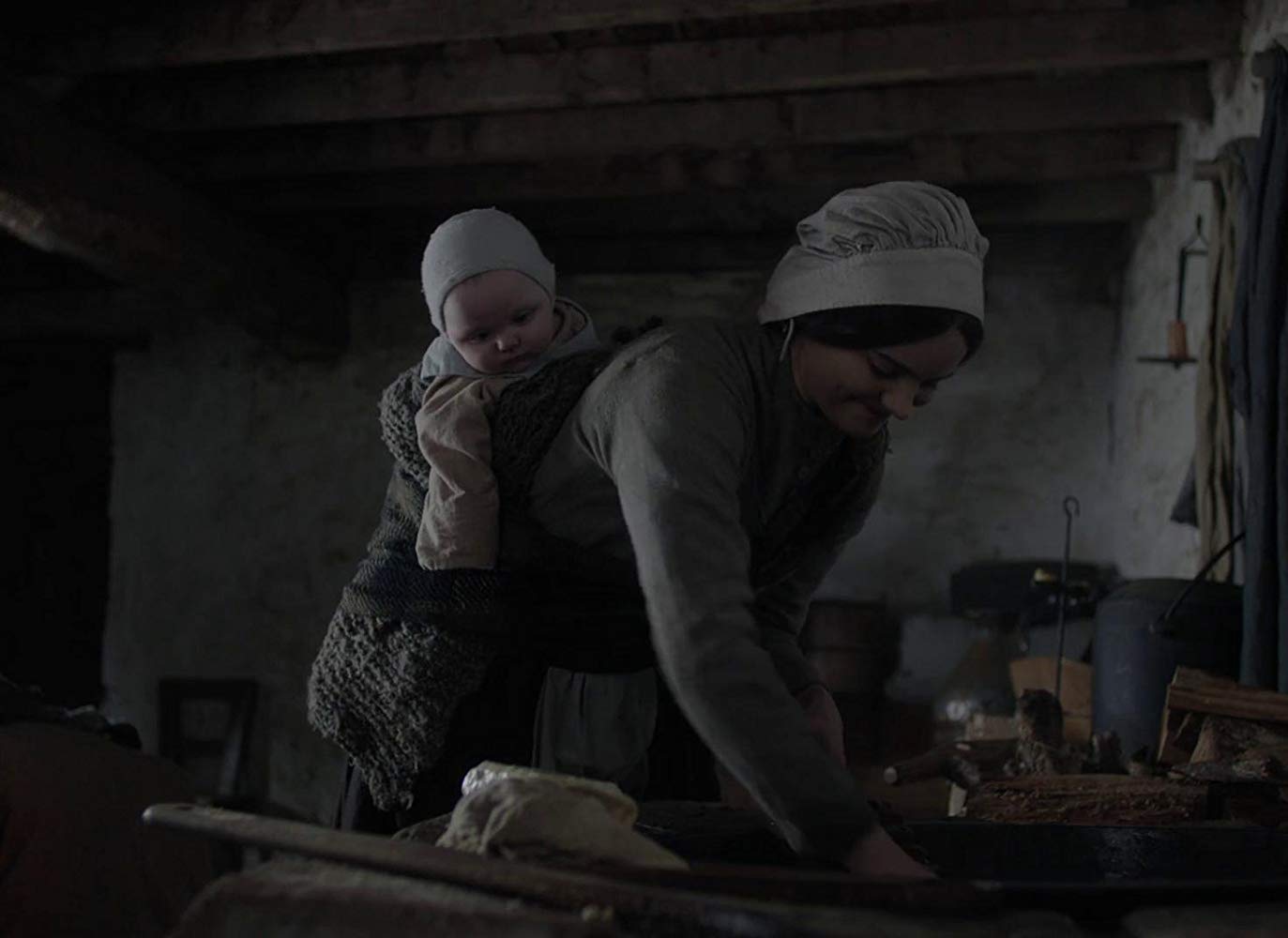
Phoneless, we used nothing but good old-fashioned common sense to eventually find her munching on some snacks outside a Tesco Express and questioned how people ever got around before we depended so much on technology. Ironically, when I eventually re-booked my ticket for the next day, I found that this is exactly what The Nightingale showed.
Much like my friends and I running through the streets of Bristol, intent on our goal of catching up with a twelve-tonne bus, this movie is about a seemingly impossible task. The more diligent of you may be aware of Aisling Franciosi - she had a small role as Lyanna Stark in Game of Thrones (2011-2019) and more of a lead in the fantastic BBC3 uni-drama Clique (2017-).
| Thank you for the support: how Avengers and Game of Thrones pioneered the ensemble story
But as a relative unknown, Franciosi spoke of their difficulty in achieving funding for this film. Producers had little faith that someone this fresh to the industry could lead the sales in a movie as controversial as this, but Kent was sensible in casting her. One only has to look at The Nightingale’s gorgeous poster to recognise the intersection of innocence and ferocity her face holds.
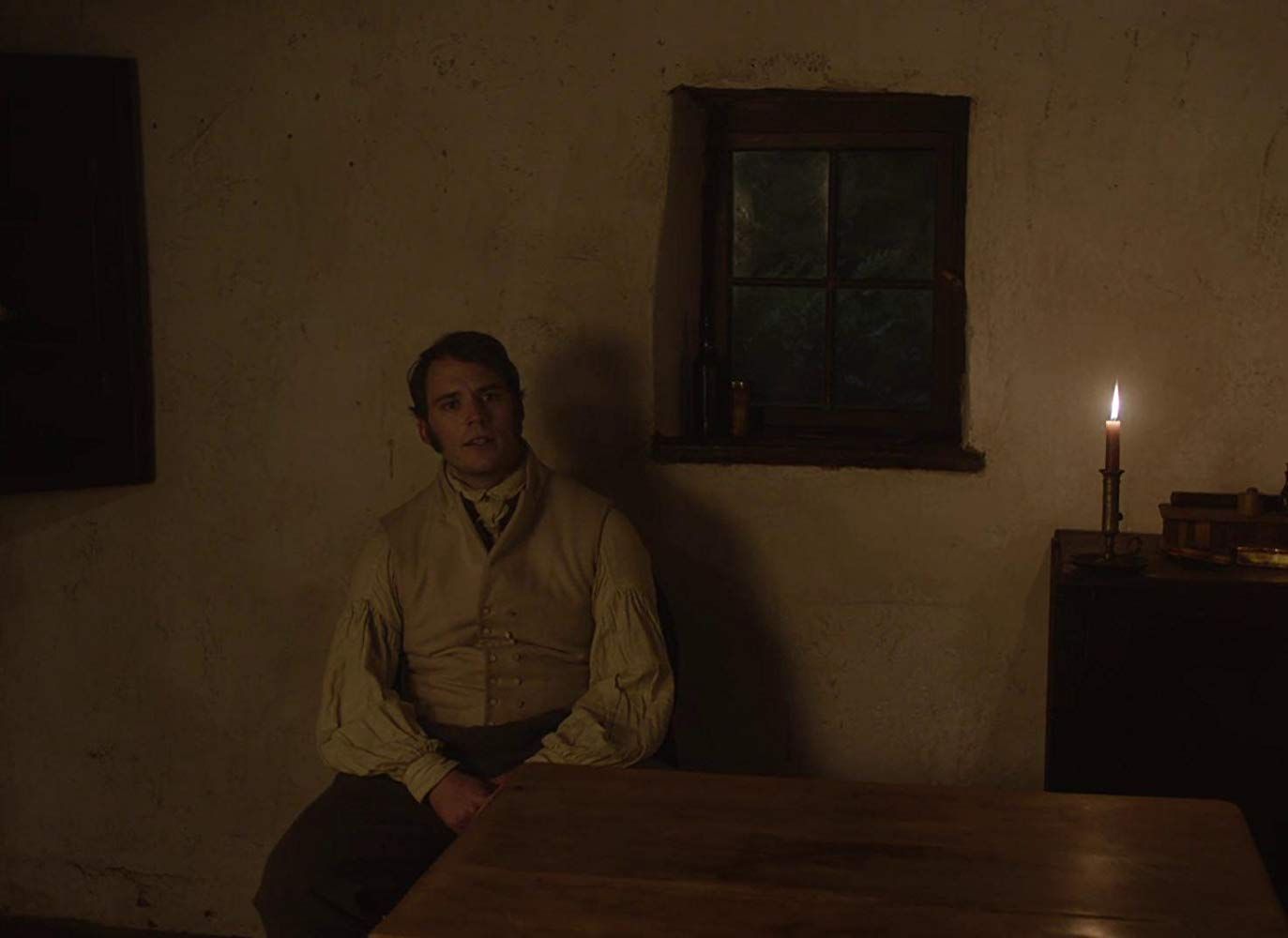
Franciosi’s character, Clare, is an Irish convict who lives a gruelling life amongst the British Soldiers sent to build the new world in Tasmania - known then as Van Diemen’s Land in 1825. However, Clare doesn’t just clean and cook, her beautiful appearance and singing voice also mean that she acts as the limited entertainment the soldiers receive, known to them as the Nightingale. The men practically drool at her, none more so than Sam Claflin, who plays a steely, villainous Lieutenant intent on becoming a General in the north of the country.
Unspeakable things happen between those two characters, and after a horrific first 30 minutes, she finds herself on a vengeful manhunt alongside her reluctant ‘Boy’, the aboriginal tracker Billy (Baykali Ganambarr) who provides some much-needed warmth and humanity to the film. The Nightingale’s brutal depiction of rape and murder is perhaps what drives this story, but the relationship between Clare and Billy, who is known in his native tongue as ‘Blackbird’, is what makes it bearable.
The film becomes not just a feminist revenge tragedy, but also a commentary on race and social relations. Despite Clare’s presumptive disapproval of him, they realise they’re more similar than not: they’re both referred to as birds, they’ve both been abused, suffered unnecessary loss, sing in their traditional languages and they both rightly ‘hate the fucking English.’
If you can watch it the entire length of time, you’ll leave feeling like you’ve witnessed one of the decade’s last, truly important films
Jennifer Kent’s last film was the The Babadook (2014), so it should come as no surprise that The Nightingale is tonally more like a horror movie than a regular historical drama. It follows the generic conventions of any horror flick, the only difference being the fact that humans are the monsters here. What surprised me was the difference in my emotional response to the deaths and torture in this movie, knowing it was set in a realistic historical setting.
Somehow, watching a demon maim or murder a human is bearable, but watching humans inflict crimes just as heinous made me deeply uncomfortable: within the first twenty minutes, two people had already walked out of the cinema.
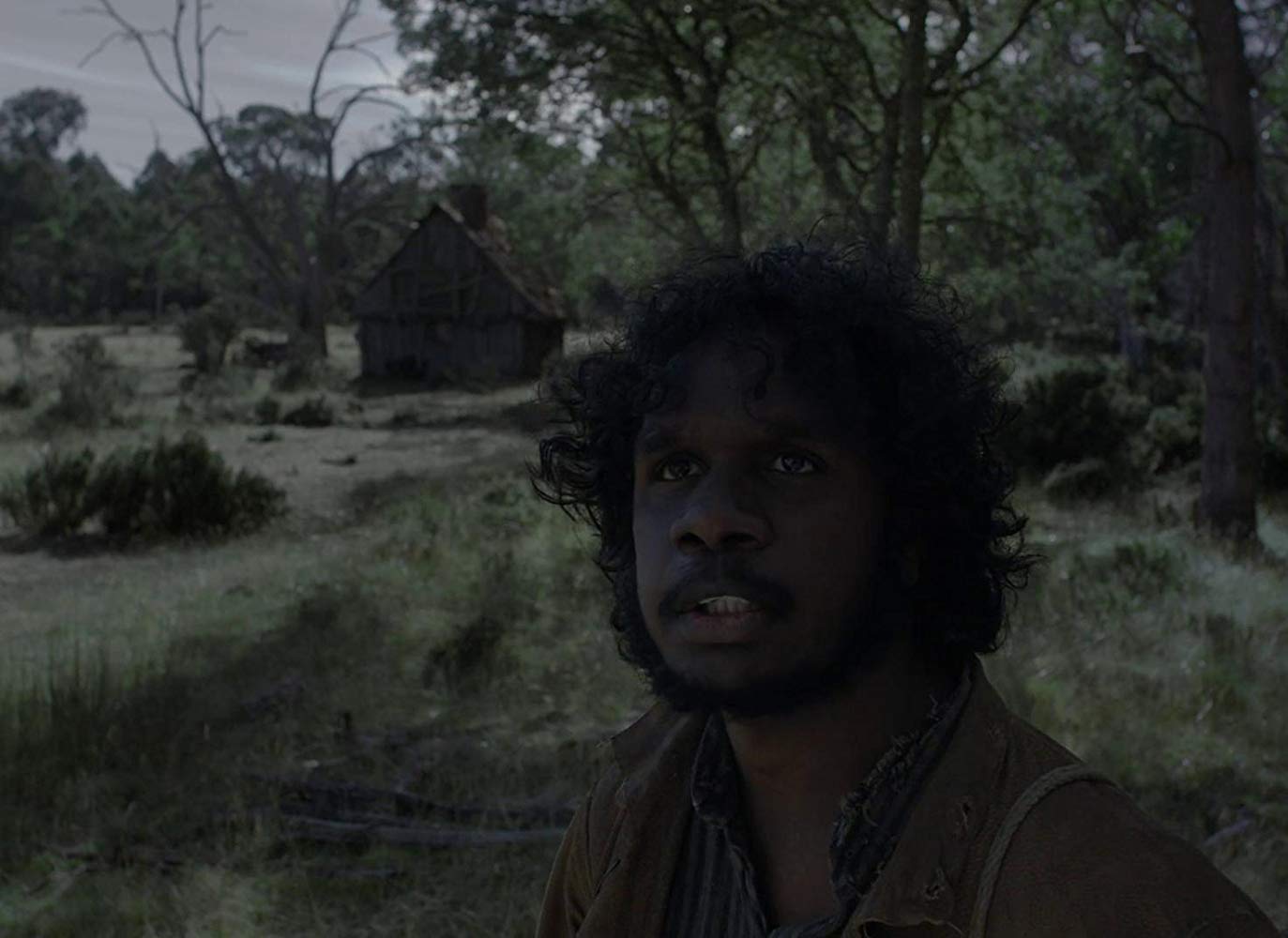
Kent emphasises this sense of brutal, disturbing realism through not only through her portrayal of the bloody fights, rapes and deaths, but also in the smaller aspects, like the unbearable pain Clare endures due to her breasts lactating, something rarely shown in movies at all.
| Female film icons, past and present - six women who have changed cinema
Kent’s direction, powerful performances from Franciosi, Claflin and Ganambarr, and Radek Ładczuk’s beautiful cinematography combine to create a visceral and violent cinematic experience. It’s not for the faint-hearted and may be incredibly triggering for many people, but if you can watch it the entire length of time, you’ll leave feeling like you’ve witnessed one of the decade’s last, truly important films.
Featured: IMDb / Causeway Films
Do you agree that The Nightingale was worth the discomfort?

